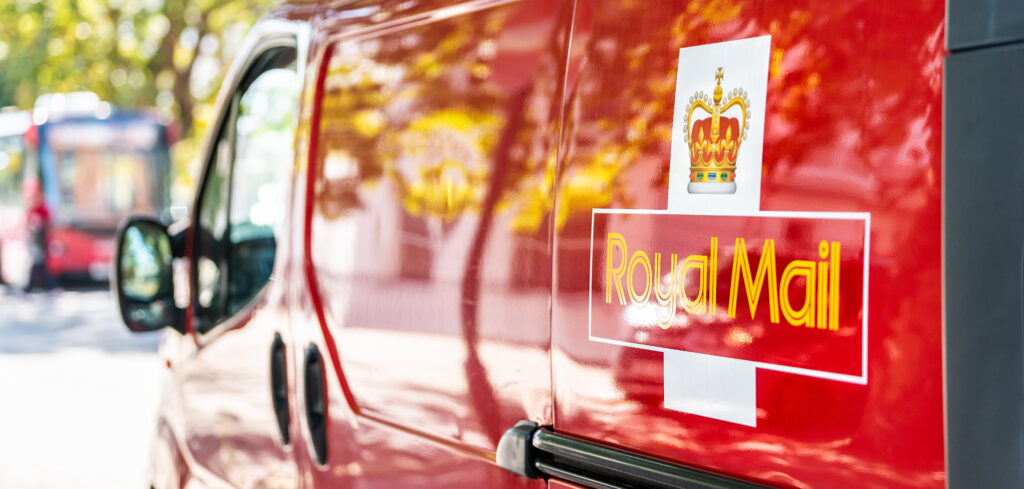Royal Mail has pledged to reach net zero emissions by 2040 and reduce its average carbon emissions per parcel it delivers in the UK from 205gCO2e to 50gCO2e.
The company asserted that this goal represents about the same amount of carbon emissions as making a cup of tea with milk. In launching this 2040 goal, the company has brought forward its net zero target by 10 years. It will reduce its absolute Scope 1 and 2 greenhouse gas emissions by 25% by 2025/26 and Scope 3 emissions by 25% by 2030, from a 2020/1 base year.
The four-pillar Steps to Zero plan features new commitments, including net zero deliveries and operations, while embracing the circular economy. It also calls for standardized industry-wide reporting on CO2e per parcel. Approximately 13% of Royal Mail’s overall emissions are from final-mile deliveries. To initiate net zero deliveries, the company will roll out more electric vans for final-mile deliveries, with 5,500 vehicles by 2023. Alongside the EV rollout, Royal Mail is investing £12.5m (US$15.6m) in charging infrastructure across the country in 2022/23. It will also trial drones for remote locations, plus micro electric vehicles and a program to optimize on-foot deliveries, with a van delivering to a central point, serving several posties on foot.
Currently, 49% of Royal Mail’s emissions are from domestic operations, including transportation networks and buildings. To foster net zero operations, the entire Royal Mail business will operate on 100% renewable electricity from 2022, reducing reliance on domestic flights and increasing the use of rail. The company will also invest in self-generating renewables by looking at the potential for solar at over 200 sites across the country – like its confirmed solar panel installation at the Midlands Parcel Hub, which will go live in 2023.
To embrace the circular economy, Royal Mail aims to enable reuse models and expand its Parcel Collect service. The company will also undertake a strategic review of all Royal Mail products in 2022 and trial innovations to reduce single-use items such as rubber bands, change the design of mail bags to eliminate cable ties and increase the recycled content of plastic delivery bags. In doing this, it expects to see a 25% reduction in waste by 2030.
Finally, the company has called for standardized industry-wide reporting on CO2e per parcel to enable customers to make informed decisions. Royal Mail will also partner with vehicle manufacturers to look at all commercial vehicles, from vans to articulated trucks, as well as new fuel types, not just electric, to speed up the rollout of electric and low-emission vehicles across the UK. The postal service will report on Steps to Zero in June each year via its ESG report; the commitments will be monitored by independent auditors.
Simon Thompson, CEO of Royal Mail, said, “A seven-day parcel service, to and from the customer’s door, delivered by a postie you trust and with the lowest emissions, is the winning proposition. The environment is the next battleground for businesses, and we are determined to lead. Setting an ambitious target to reduce parcel emissions to 50gCO2e demonstrates our commitment to driving change and minimizing our impact on the environment.
“We now merchandise the emissions per parcel for every delivery on the Royal Mail app, so customers can understand the impact of their order on the planet. We want to go much further and transform the way we collect, process and deliver the 10 billion letters and parcels we handle each year. All this means we can pull forward our net zero target by 10 years to 2040.”


